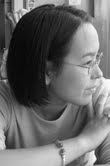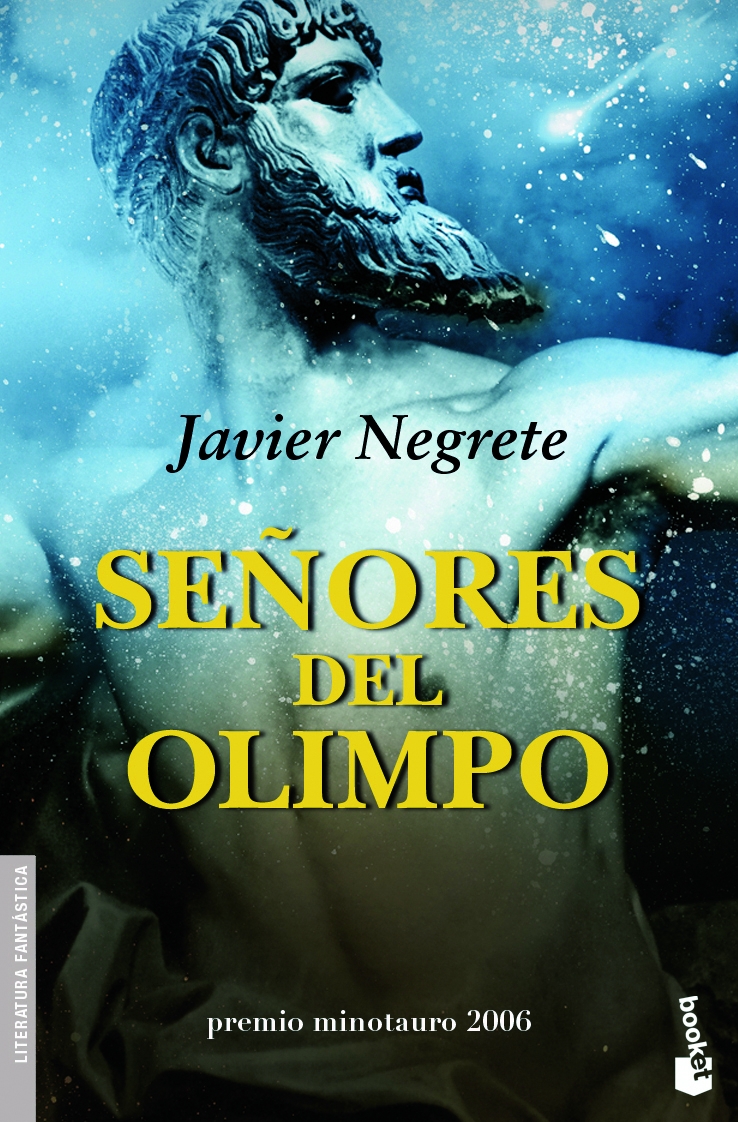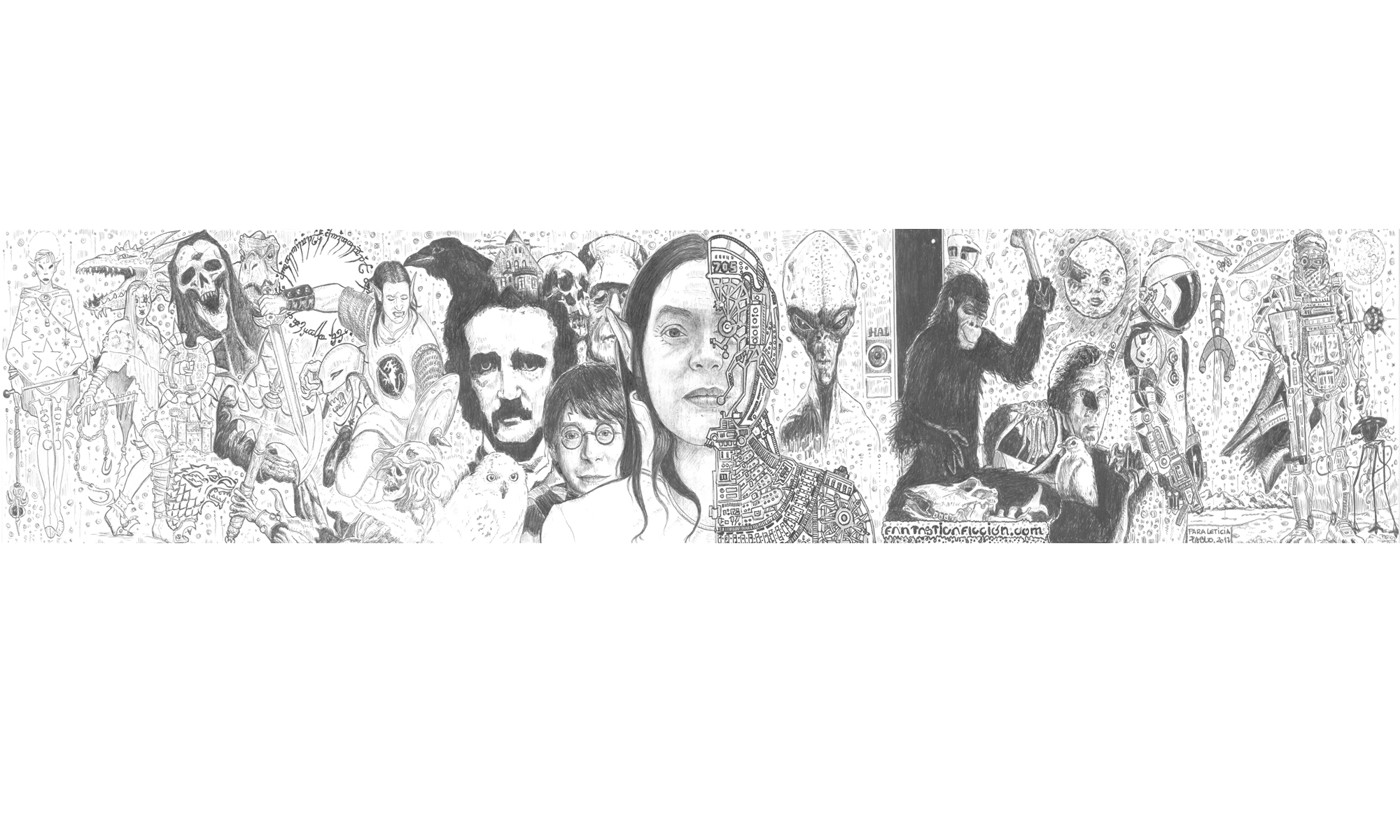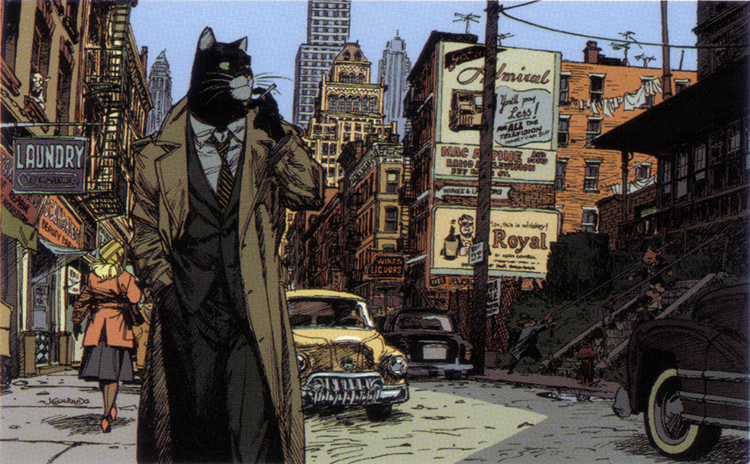 As you may know, Aliette de Bodard has become one of my favorite writers and I have reviewed her awesome On a red station, drifting, and some of her short fiction here y here. She has been so kind and has answered some questions that I post here. También puedes leer esta entrada en español.
As you may know, Aliette de Bodard has become one of my favorite writers and I have reviewed her awesome On a red station, drifting, and some of her short fiction here y here. She has been so kind and has answered some questions that I post here. También puedes leer esta entrada en español.No idea 
Comicbook industry is very important in France, have you thought about writing a comic? Which are you favorite comics?
To be honest, I have never thought of writing a bande dessinée; it’s a medium I like but don’t really see myself working in right now; it’s very different from writing prose! My favourite band dessinées currently are Juan Díaz Canales and Juanjo Guarnido‘s Blacksad, which combines the tropes of noir with awesome renditions of its main characters as animals; and Denis Bajram‘s Universal War One, a story set in the near future which deals with the mysterious appearance of a black wall beyond Saturn, which cuts the solar system in two–and shows us how a squad of disgraced soldiers investigate the phenomenon. It is about one of the only time-travel stories that I felt worked, even though I have some issues with the way it depicts women.
I also read a lot of manga; again, though I have issues with its treatment of women, I enjoyed Full Metal Alchemist, which, in addition to having a great ensemble cast, had great worldbuilding, and tackled interesting questions about war and guilt.
How do you document yourself? Where do you search for inspiration? Why is History so important in your writings?
Uh. It depends a lot on what I’m trying to write. I don’t really know where I search for inspiration–it would make my fiction much easier to write if I did know 
Does your passion about mithology extend to Greek, Nordic and other mithologies?
I find mythologies to be fascinating from a purely “dry” point of view as a writer, because they reveal so much of the beliefs of the culture; but of course they’re also living things with beings that are still worshipped and respected. Ancient Greek myths, by now, have become a bedrock of Western civilisation (though the versions I learnt at school probably don’t have much to do with the ones told/preserved in Greece today); I have to admit I am a bit saturated on them by now, mainly because I overdosed on them when I was younger…
As said above–the mythologies that speak most strongly to me are Chinese/Vietnamese, because they’re the ones that I grew up most with as a child.
Do you know any Spanish writer? What do you think about the publication of Obsidian and Blood in Spanish? Would you like a particular short story of yours to get translated?
I know a few Spanish writers, though I’m woefully under-read in that area due to very rusty language skills… I’m slowly working my way through Javier Negrete at the moment. I’m a tenth of the way through Señores del Olimpo, which I peruse when I have a stress-free moment—I rather like the retelling of Greek myths: it has the advantage of being familiar, which is a huge help when reading in a language I don’t speak that well–and I hope to get around to La Espada de Fuego, which is also on my shelves. 
I’m thrilled to be published in Spanish by RBA–there’s a special satisfaction to being published in a language I can sort of understand (I’m not going to be near enough proficient to understand every nuance of the translation, but at least I’ll be able to read it!).
I have no particular short story I want translated into Spanish; though I admit that I would love stuff from the Xuya cycle to be translated, as I have a special fondness for those stories.
What are your opinions about the situation of women in genre fiction?
Recently, Tricia Sullivan posted a link to a 1982 article on women in SFF (http://www.nytimes.com/1982/
Do social networks influence your work as a writer and your relationship with readers? And with other authors? What can you tell us about Written in blood?
Without social networks, I don’t think I’d have got where I am–when you’re a non-Anglophone writer living in a non-Anglophone country and trying to write in English, it’s really hard to find peers unless it’s through the Internet. I don’t have a face-to-face writers’ group, and a lot of my English-speaking friends live at least a country away, if not a continent away–email and social networks are really handy for me to reach out, and also to be reached by readers. Same with other authors–I know a lot of them via email or twitter or facebook, often years ahead of actually meeting them at conventions.
Written in Blood is my online writers’ group–they very nicely put up with all three Obsidian and Blood books, with my novella On a Red Station, Drifting and with a lot of my short fiction (they’re not my only critique group, because I binge-write a lot, and I would flood them with my stuff if everything had to go through them!). They’ve been an invaluable help with critiques, query letters and the ups and downs of my writing life; and of course great friends to hang out with.
Do you reach the keyboard with your growing belly?
Easily–all I have to do is wedge the laptop on my knees and I’m doing fine
I want to thank Aliette again for her answers and suggest you to read her books.

